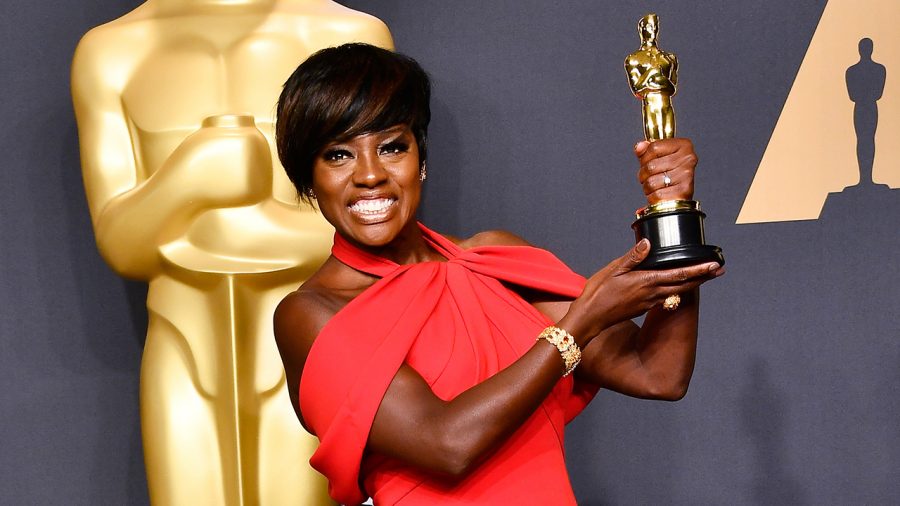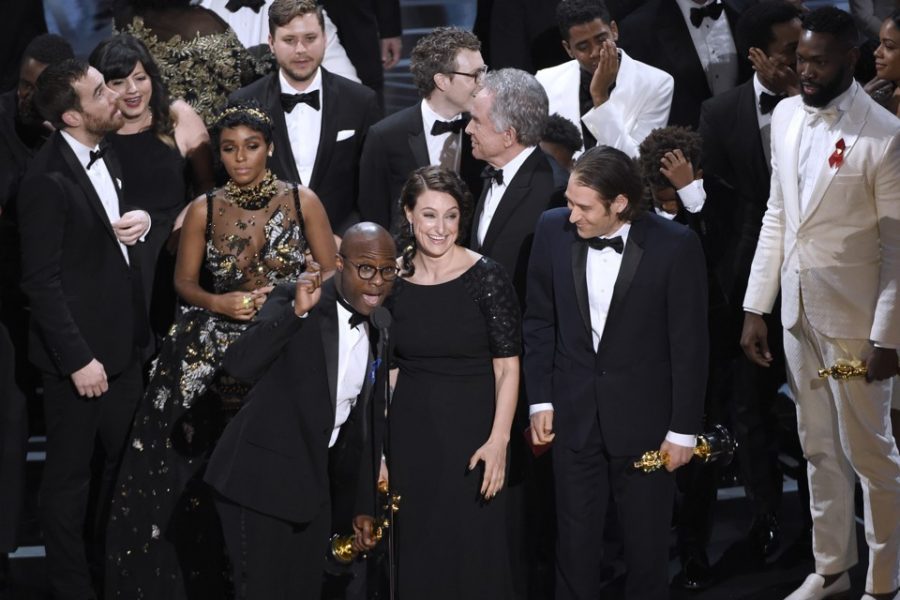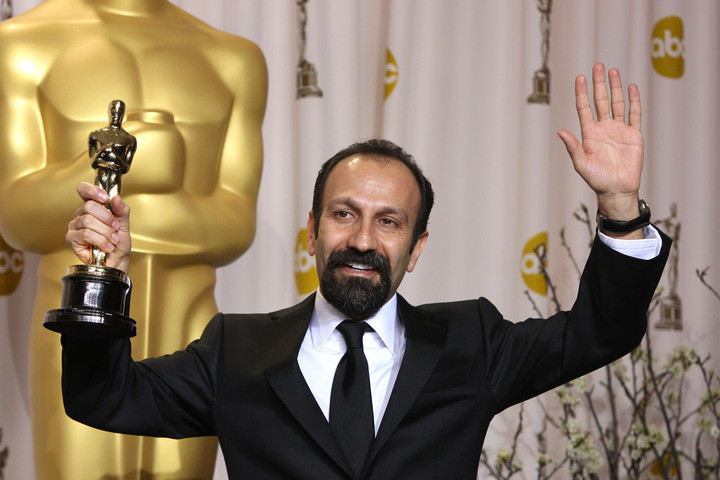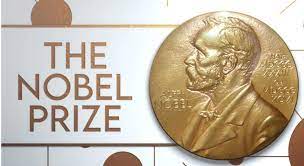The 2017 Oscars: A Recap
On Sunday, February 26th, Hollywood’s finest dressed up and piled into limos, ready to attend the 89th Academy Awards. The awards ceremony, often referred to as Hollywood’s biggest night, celebrates the best in film, from acting to visual effects. Last year, the Academy Awards notoriously received backlash, due to the fact that only white actors and actresses had been nominated for the top four acting categories, for the second year in a row, leading to the creating of the hashtag #oscarssowhite. However, 2017 proved to be much more inclusive, and should be remembered, regardless of a certain major flub.

One of the most talked about events during the ceremony happened during the announcement for Best Picture, when presenters Warren Beatty and Faye Dunaway were given a duplicate Best Actress card, causing Dunaway to announce La La Land as the winner. After two minutes of acceptance speeches from the La La Land cast and crew, it was revealed that the true winner of Best Picture had been Moonlight. Due to the major controversy, it was easy to overlook the reality of a Moonlight win, and what that actually meant.
Moonlight, a low-budget film about a black man struggling with his sexuality and identity through different periods of his life, definitely made history when the film took home the Best Picture win. Moonlight became the first film with an all-black cast to win the award, and also became the first LGBT film to win. The film was also the second lowest-grossing Best Picture, behind 2009’s The Hurt Locker. Moonlight’s editor, Joi McMillon, became the first black woman to be nominated for an editing Oscar. The Best Picture win, along with the film’s other achievements, certainly sends a message to the industry, showing that the glitz and glamour of a big-budget film with an A-list cast doesn’t always equate to be the best.

Of course, Moonlight wasn’t the only thing that made history at the 89th Academy Awards. Viola Davis, star of the film Fences, became the first African-American woman to obtain three Academy Awards nominations, and ended up winning the award, making her the first African-American to achieve the “Triple Crown” of Acting: an Emmy, Oscar, and a Tony. For the first time in Oscars history, all six acting categories had a black actor nominated. Despite this, the Academy received criticism for a lack of diversity for Asians, as only one Asian actor, Dev Patel, had received a nomination. The show also created controversy when the director of The Salesman, winner of Best Foreign Film, was not able to attend the award due to President Donald Trump’s travel ban.

This year’s Academy Awards certainly had a lot to be remembered for. Of course the most infamous being the Best Picture incident, where the wrong movie had been announced after a duplicate card from a previous category was given to the presenters. Following last year’s #oscarssowhite controversy, the 2017 Academy Awards ended up being historically diverse, due largely to the fact that there were quite a few notable films with a diverse cast. The Best Picture winner Moonlight also made history in many different ways, and also proved to the film industry that a film does not need to have a big budget, box office success, or a notable cast to gain critical acclaim. There were also other nominees and winners who made Oscars history. Despite the successes made at this year’s Oscars, there is still plenty of work to be done, as far as being diverse and inclusive. Hopefully at next year’s awards, and in the years to come as well, Hollywood will become even more diverse, and true excellency will be recognized, regardless of race, gender, or sexual identity.







